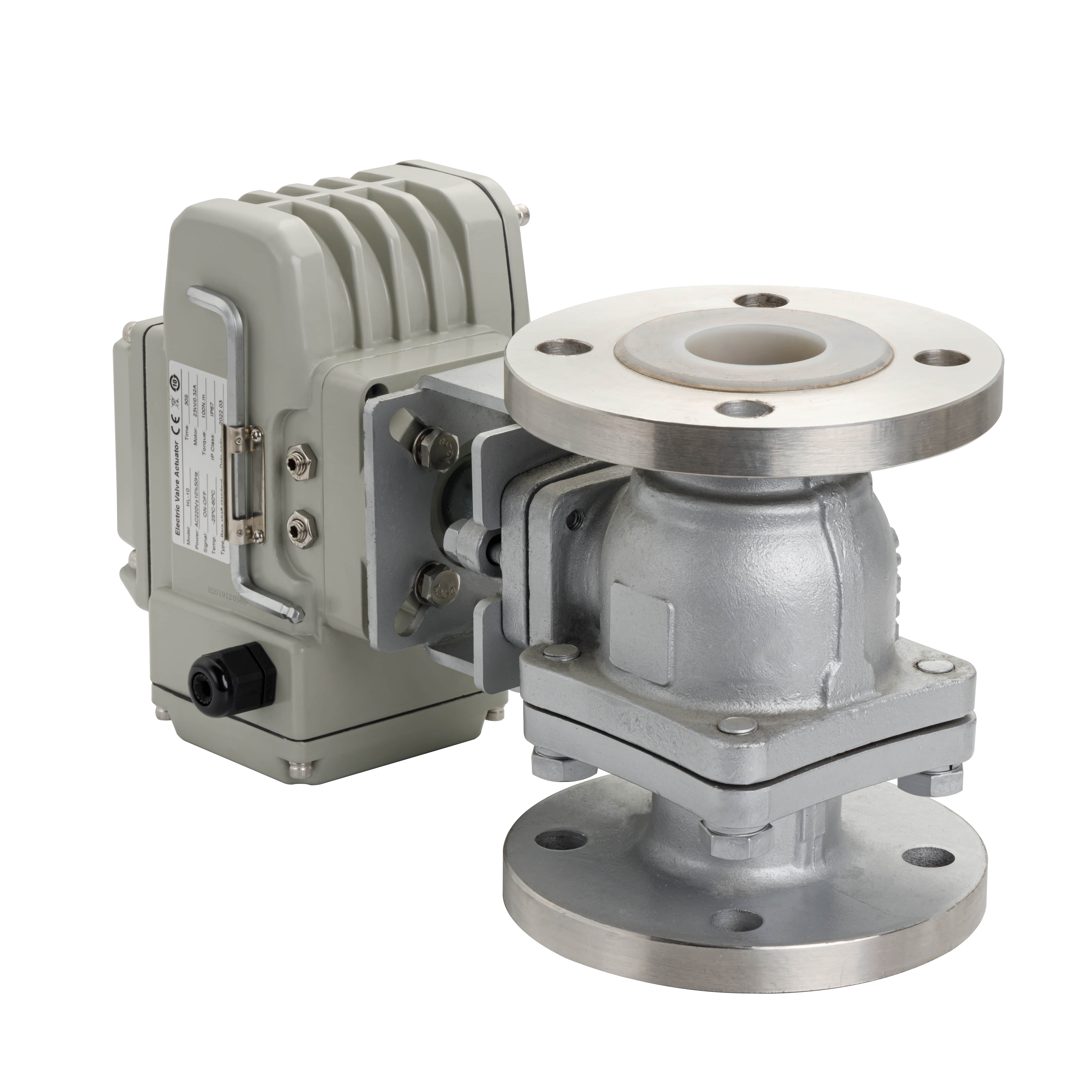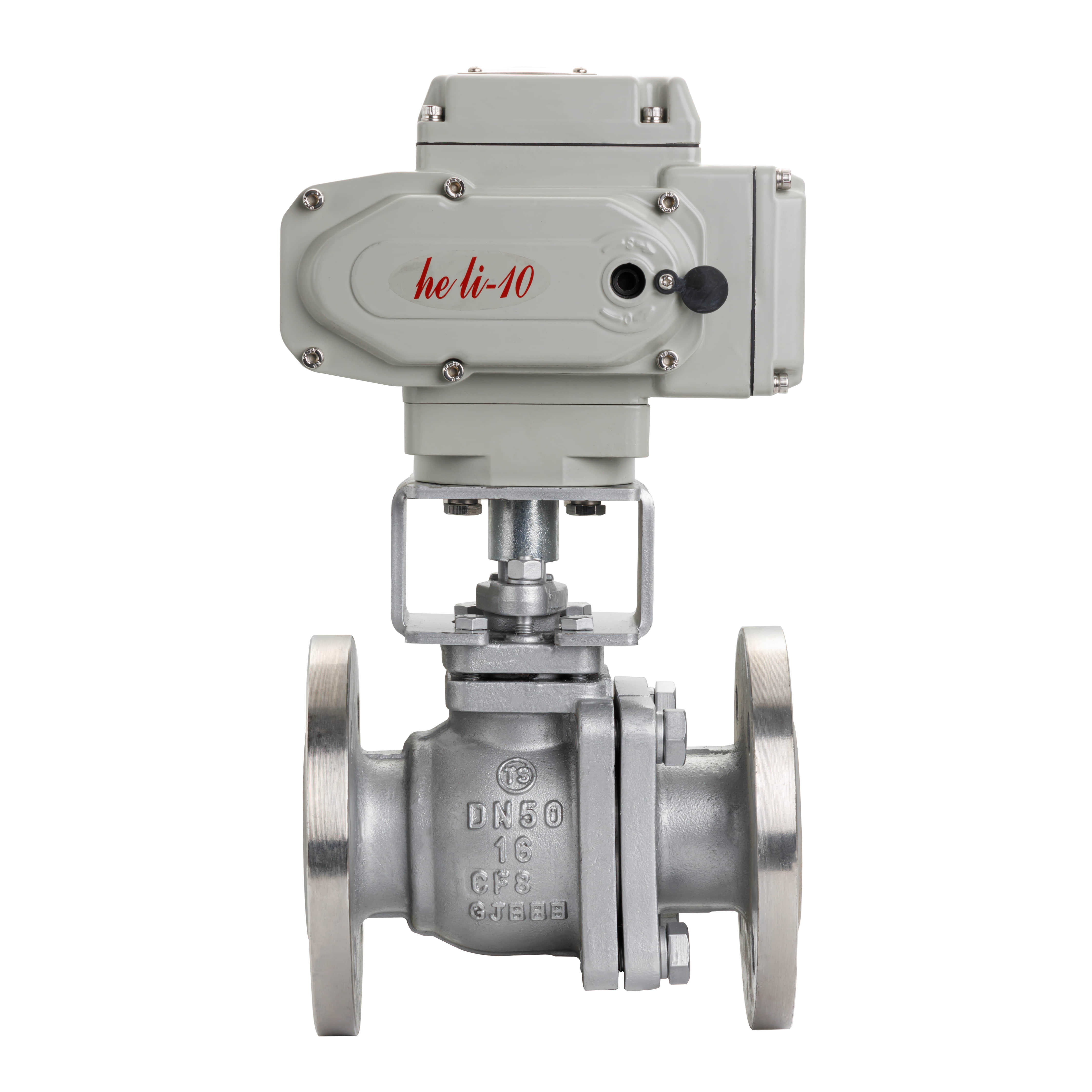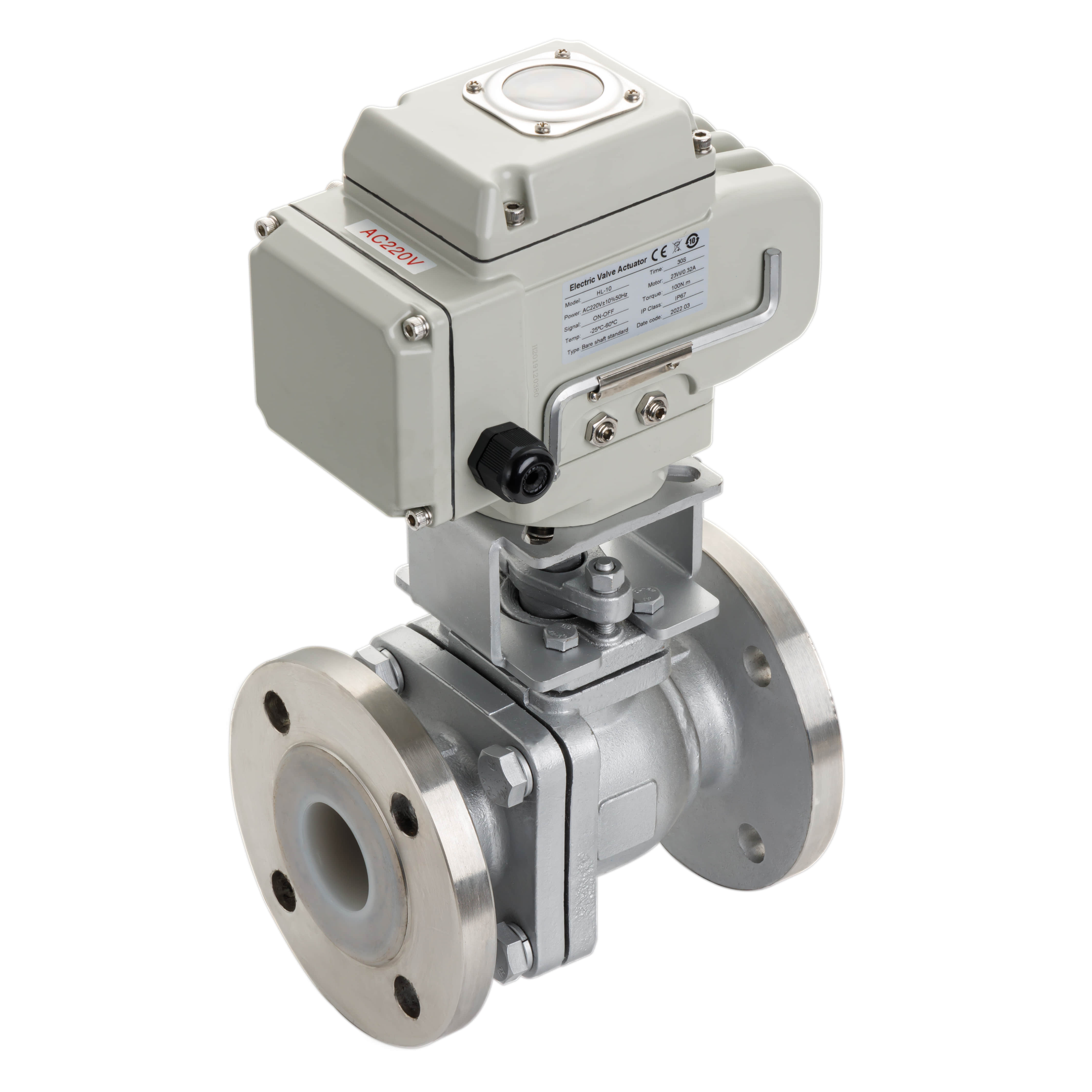

Electric anti-corrosion ball valves are designed to control the flow of fluids through a pipe by using a spherical disc (the ball) with a hole through its center. When the valve is open, the hole is aligned with the flow direction, allowing fluids to pass through. Conversely, when the valve is closed, the ball rotates to block the flow. The "electric" component refers to the actuator that operates the valve electronically, providing precise control over its operation.
The anti-corrosionaspect is critical for valves used in environments where they are exposed to aggressive chemicals or corrosive substances. These valves are typically constructed from materials such as PVC, PVDF, or various alloys that resist corrosion, ensuring longevity and reliability in demanding conditions.

In industrial applications, managing fluid flow effectively and efficiently is paramount. Among the various types of valves available, the electric anti-corrosion ball valve has emerged as a preferred choice for many industries due to its remarkable durability, efficiency, and versatility. This article explores the features, benefits, and applications of electric anti-corrosion ball valves, emphasizing their significance in enhancing operational performance and safety.
Understanding Electric Anti-Corrosion Ball Valves